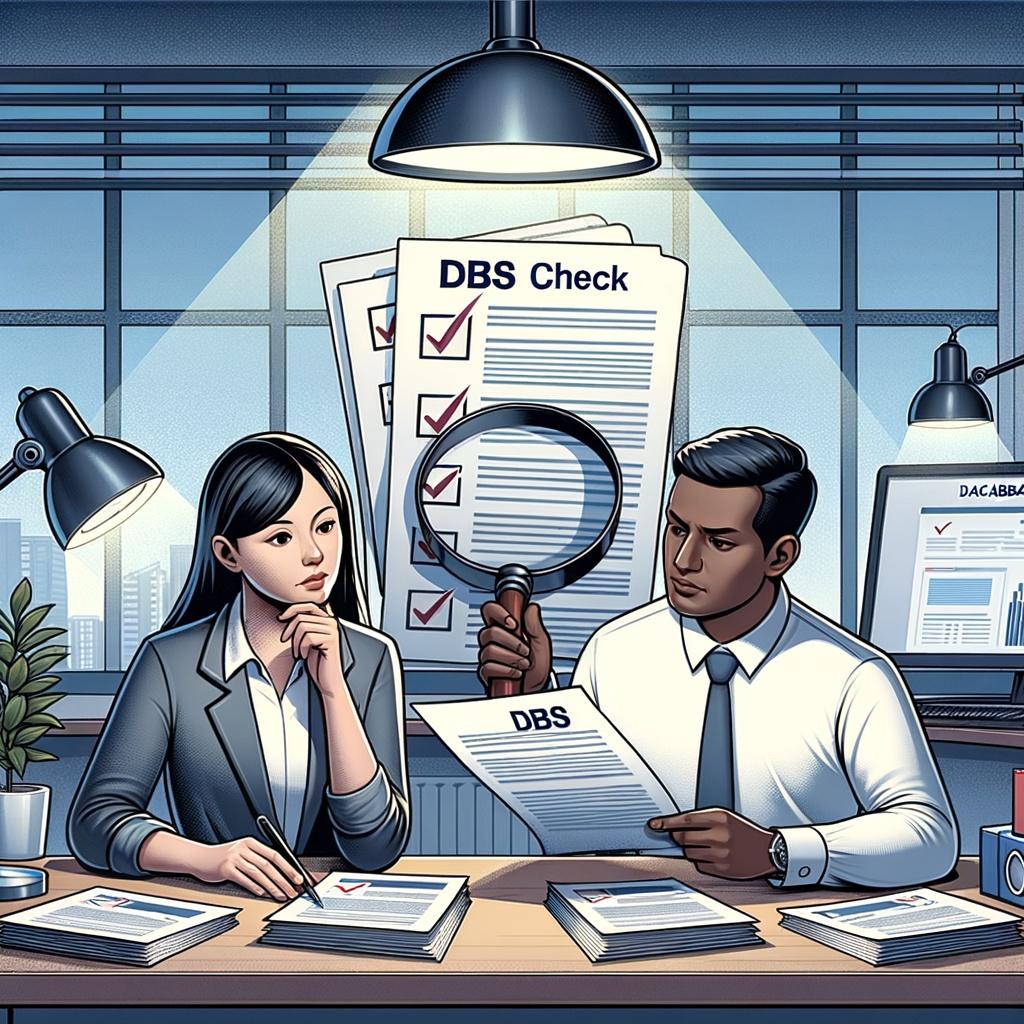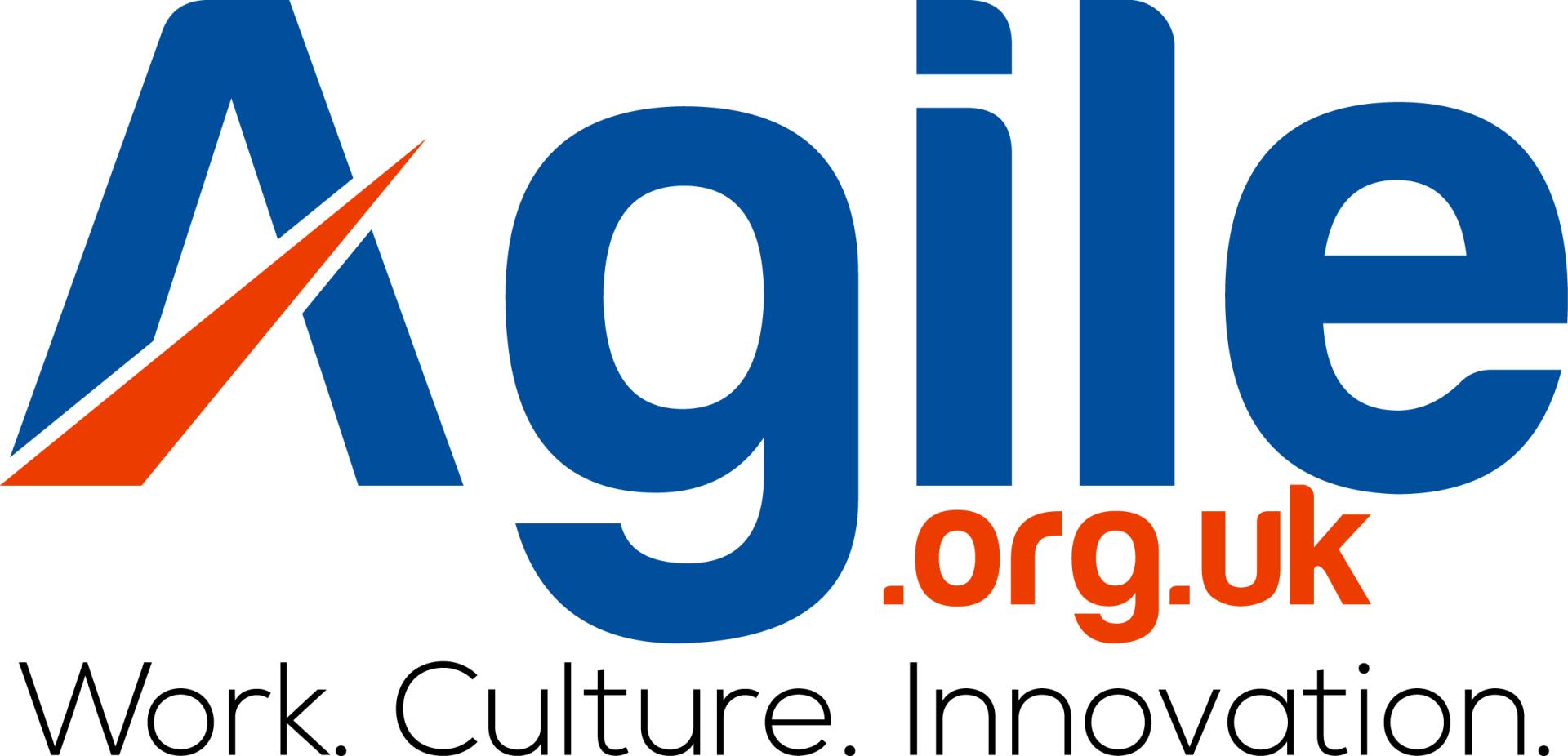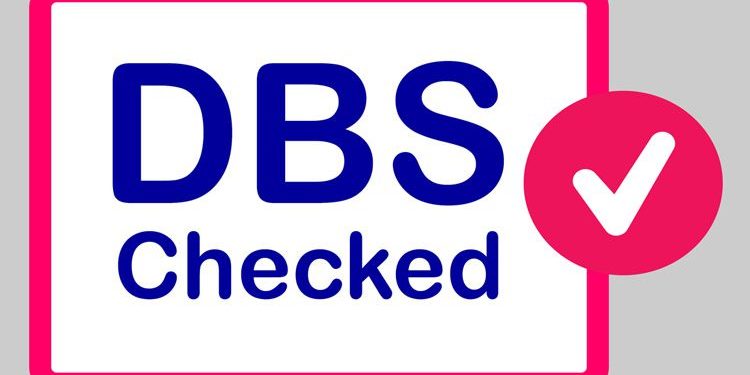The safeguarding of children is a paramount concern for employers in the UK, especially those in sectors involving direct contact with minors. This article provides an essential guide to Enhanced Disclosure and Barring Service (DBS) checks, a crucial tool in ensuring a safe environment for children. It offers practical insights for employers on understanding, implementing, and managing these checks.
Understanding Enhanced DBS Checks
Enhanced DBS checks are the highest level of screening available for positions involving children. These checks provide a comprehensive background screening, going beyond basic and standard checks. They include a detailed review of an individual’s criminal history, including spent and unspent convictions, cautions, reprimands, and warnings. Moreover, the check searches the DBS barred list, determining whether an individual is prohibited from working with children.
This level of scrutiny is vital for roles that involve teaching, caring for, or supervising children. Enhanced checks help employers make informed decisions, ensuring they recruit individuals who are suitable to work with vulnerable groups. The protection of children is not just a legal obligation but a moral one, and these checks serve as a frontline defence in safeguarding their welfare.
The Application Process
Initiating an Enhanced DBS check requires the employer to first verify the role’s eligibility. Not all positions qualify for this level of check, and it’s typically reserved for roles with regular, unsupervised contact with children. Once eligibility is confirmed, the employer must obtain consent from the individual being checked. The enhanced DBS application involves submitting detailed personal information, including a full history of addresses, identity documents, and other relevant details.
The process, though thorough, is straightforward when approached methodically. Employers should provide clear guidance to applicants, helping them understand the necessity and scope of the information required. Prompt and accurate completion of forms ensures a smoother process, reducing delays in obtaining crucial safeguarding information. Employers must handle all data with the utmost confidentiality and in compliance with data protection regulations.
Legal Obligations and Best Practices
Employers have a legal obligation to ensure the safety of children in their care. This responsibility extends to conducting appropriate background checks on staff. Enhanced DBS checks are not just a procedural formality but a critical component of a broader child protection strategy.
Regular training and awareness sessions for staff can reinforce the importance of safeguarding. Employers should also establish clear procedures for reporting and addressing any concerns about child welfare. This proactive approach demonstrates a commitment to creating and maintaining a secure environment for children.

Renewal and Ongoing Monitoring
The validity of an Enhanced DBS check does not have a formal expiry date, but it’s widely accepted that they should be renewed every three years. This renewal is vital as it ensures that any new information that may have arisen since the initial check is considered. Employers should establish a robust system for tracking and managing renewals to maintain continuous protection for children.
Beyond periodic renewals, employers should foster a culture of vigilance. Encouraging staff to report any concerns and staying abreast of changes in legislation are critical. Ongoing monitoring and training can help ensure that child safety remains a persistent focus, rather than a one-off check at the time of hiring.
Wrapping Up
Enhanced DBS checks are an integral component of child protection in the workplace. Their thorough nature ensures that individuals working with children have been suitably vetted. For employers, understanding and effectively implementing these checks is not just a legal requirement but a moral imperative.













